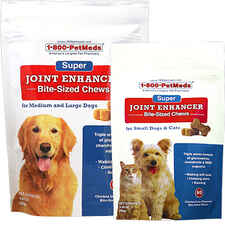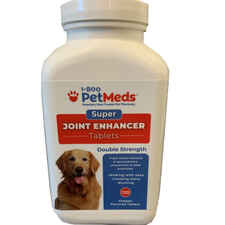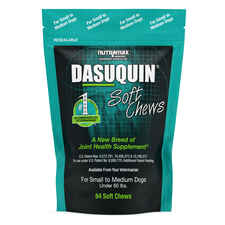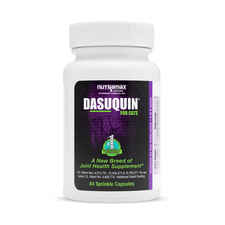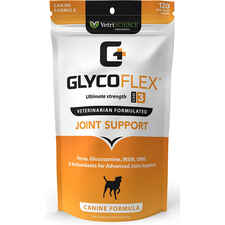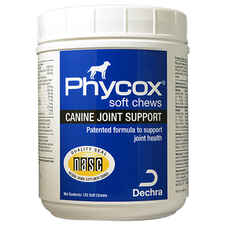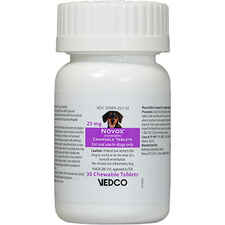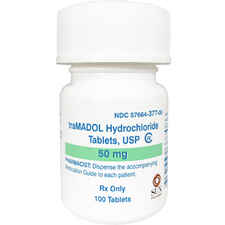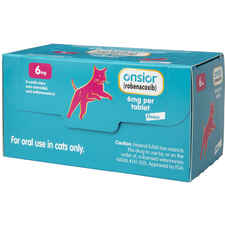How joint pain can change your pet's behavior
Doctor of Veterinary Medicine

While efforts are made to answer all questions as quickly as possible, if an immediate answer is required or if your pet is in need of urgent or emergency care, contact your pet's veterinarian immediately.
Doctor of Veterinary Medicine

You will receive an answer from Dr. Lindsay and our vet/tech team as soon as possible, usually the same day.
All answers are provided for informational or educational purposes only, and are intended to be a supplement to, and not a substitute for, the expertise and professional judgment of your pet's veterinarian.
It may be necessary to consult your pet's veterinarian regarding the applicability of any opinions or recommendations with respect to your pet's symptoms or medical condition.
CloseDoctor of Veterinary Medicine

An error has occurred, please reload the page and try again.
CloseWhile efforts are made to answer all questions as quickly as possible, if an immediate answer is required or if your pet is in need of urgent or emergency care, contact your pet's veterinarian immediately.
There is no answer related to your question
Pets with joint pain may:
- Be slow to rise
- Frequently lick joints
- Lose interest in walking and playing
- Snap when touched or picked up
- Have household accidents if going for walks or using the litter box causes joint pain
Lethargy, weight gain, muscle atrophy and other health problems may also result. Joint pain can even take the fun out of life for your pet. Below are products that can increase flexibility and mobility or help with the pain.
If your pet has joint damage or arthritis, joint supplements may improve his or her mobility. Key ingredients such as glucosamine, chondroitin and perna nourish joints, support cartilage formation and may help restore joint flexibility. When pets are more mobile and flexible, the unwanted behaviors mentioned above may decrease.
In some cases, veterinarians prescribe pain medication to reduce the pain of arthritis. Nonsteroidal Anti-Inflammatory Drugs (NSAIDs) like Rimadyl, Quellin, and Novox reduce inflammation quickly and help improve mobility. When your pet is pain-free, cuddling, playing and daily walks can be a source of joy again.
Inactivity and weight gain can be detrimental to joint health. Your pet needs regular exercise and a diet that helps maintain a healthy weight. Choosing food that contains glucosamine and chondroitin can also help promote healthy joints, and regular walking or playing can help keep joints flexible.
Sleeping on a hard floor can make joints stiff and achy. Orthopedic pet beds help support your pet's bones, muscles and joints in comfort. Specially designed orthopedic beds for pets provide full body support, making it easier to rise, too. Heated pet beds are also available to provide comforting warmth to aching hips and joints.
A lifetime of jumping on and off sofas and beds can cause joint damage. Pets with arthritis may become reclusive if going for walks is too painful, or it is difficult to get on or off furniture. Pet strollers are a great way to make sure pets with joint pain can still enjoy a stroll in the fresh air. Steps and ramps can help your pet reach a favorite comfortable spot with ease.
Pets can't tell you when they have joint pain. If you notice signs of arthritis and joint damage, have your pet evaluated by a veterinarian as soon as possible.
 Swipe
Swipe






















